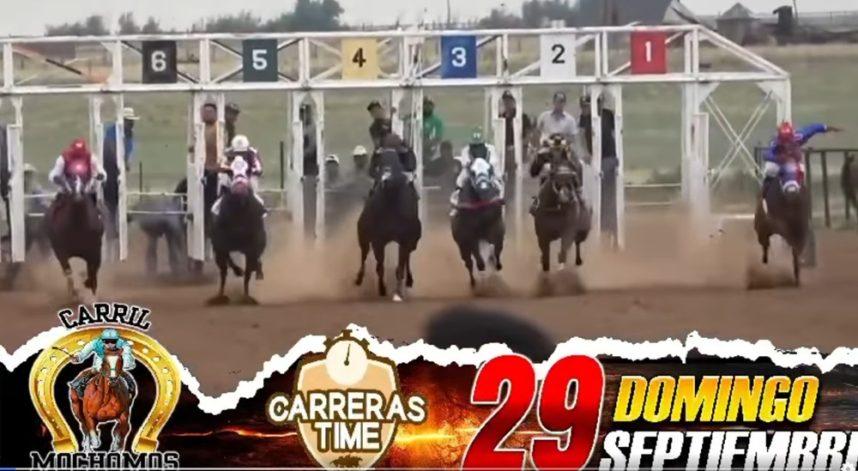Gambling
Illegal Texas Horse Racetrack Raided, Drugs, Gambling Devices Seized

Posted on: October 1, 2024, 10:27h.
Last updated on: October 1, 2024, 10:39h.
Authorities in West Texas raided an illegal quarter-horse racetrack and arrested nine people for offenses including promoting gambling, money laundering, racketeering, and the manufacture and delivery of a controlled substance.

Police uncovered 135 grams of cocaine and numerous illegal gambling devices at the track, known as Carril Mochomos, near the city of Levelland, west of Lubbock, Texas.
The raid came after an investigation by animal rights group PETA into the clandestine world of unlicensed horse racing.
The organization said it identified as many as 50 illegal “bush tracks” across Texas, where a lack of regulatory oversight means that the drugging and abuse of horses is rife. PETA estimates that there are more than 150 such tracks throughout the US.
Advertising Openly
Carril Mochomos openly advertised its events on social media and produced professional quality videos of racing highlights, complete with informational graphics.
A September 13 post on its Facebook page written in Spanish advertises the track’s third anniversary, inviting visitors to bring their own beer while offering free candy and a bounce castle for the kids.
PETA said in a statement Monday that it had handed information about Carril Mochomos’ operations to the Texas Department of Public Safety (DPS), which coordinated the raid with the Texas Racing Commission and multiple law enforcement agencies.
PETA’s investigation also uncovered illegal racetracks in Georgia, which led to animal cruelty charges against six jockeys and a felony commercial gambling charge against an on-track bookmaker. Five of the jockeys who face charges in Georgia also race at licensed racetracks across the US.
Drugged, Whipped, Electroshocked
At the Rancho El Centenario bush track in Georgia, the animal rights organization claimed to witness trainers openly injecting horses with stimulants to make them run faster.
On six different visits to the track, PETA investigators collected 27 discarded syringes, which lab tests later revealed contained cocaine, methamphetamine, methylphenidate (Ritalin), and caffeine, sometimes in combination.
While racegoers would wager hundreds of thousands of dollars, trainers and jockeys would “drug, whip, and electroshock horses to try to win at any cost, the organization said.”
Jockeys whipped horses relentlessly — often over 20 times in a row — and other team members even struck the horses from behind as the starting gates opened,” according to PETA. “Jockeys and handlers also whipped and hit horses before races, during loading, and in the starting gates, as punishment and/or to control fractious behavior in the drugged-up horses.”
The PETA investigation in Georgia prompted the California Racing Board to ban its licensees, including jockeys, trainers, and owners, from participating in bush track racing. It’s the first state racing agency to do so.









